Swami Vivekananda practiced and preached universal tolerance and love of all religions. He was not only a great exponent of the Upanishads and the Gita, but could also quote and explain passages from the Bible and Koran. He had devotees who belonged to different religions. People of different faiths came to listen and interact with him. Moulavi Sahib was one such Muslim devotee who admired and respected Swamiji a lot. Moulavi Sahib had accidentally got to know Swamiji in early 1891. Swamiji was on his travels to Rajasthan, then known as Rajputana. He had just alighted at the Alwar railway station. As he was walking along the road from the station, he saw a State dispensary. The doctor in-charge was a Bengali person named Gurucharan Laskar. Swamiji enquired if there was any place nearby in which a Sannyasi could stay. The doctor, impressed by the remarkable appearance of the monk, bowed to him and joyfully accompanied him to the bazaar where he showed him a room above one of the shops. Swamiji gladly accepted this room and decided to stay there. After attending to Swamiji’s immediate needs, the doctor rushed to his Muslim friend’s house. This person was a teacher of Urdu and Persian in the local high school. The doctor excitedly told Moulavi, “O Moulavi Sahib! A Bengali sadhu has just arrived. Come immediately and see him. I have never seen a Mahatma before! Please talk to him while I finish my work, and I shall join you presently.” Both hurried to the Bazaar. Taking their shoes off, they entered the bare room in which the Swami had arranged his belongings consisting of a few books tied up in a blanket, a piece of yellow cloth and a Kamandalu. They saluted him in reverence. Swamiji called the Moulavi Sahib to his side and discoursed with much love on religious matters. Of the Koran, he said, “There is one thing very remarkable about the Koran. Even to this day, it exists as it was eleven hundred years ago. It retains its pristine purity and is free from interpolations.”
Both Gurucharan and Moulavi Sahib spoke about Swamiji to their friends and the number of devotees to visit Swamiji began to steadily increase and this room was no longer sufficient to hold all the visitors. It was then that Swamiji moved to the house of Pandit Shambhunathji, a retired engineer of Alwar State. It was here that he met many devotees of all castes and religions – there were Sunnis and Shias of the muslim fold, some were Shaivites and Vaishnavites, some were wealthy men and men and of position and learning while others were poor and illiterate. Moulavi and many of his muslim friends also became regular visitors to Swamiji’s room. Moulavi was extremely devoted to Swamiji and had a strong desire to invite him to his house and feed him. He thought, “Swamiji is a great sadhu with no sense of caste; but then Panditji with whom he is staying may object.” Nevertheless he decided to ask Panditji if he could invite Swamiji to his house. The request of the Moulavi was filled with love, devotion, and sincere humility. Panditji held Moulavi’s hands and told him, “My friend, Swamiji is a sadhu. What is caste to him! There is no need to take too much trouble. Any arrangement that you make will satisfy us.” And so it happened that the Moulavi Sahib entertained the Swami in his own house and felt himself blessed. Many other devout muslims followed the Moulavi’s example and cordially invited the Swami to their homes too.

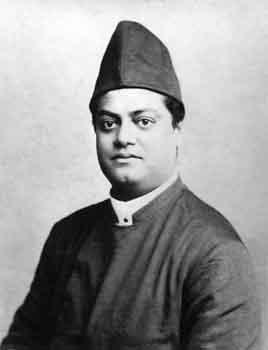
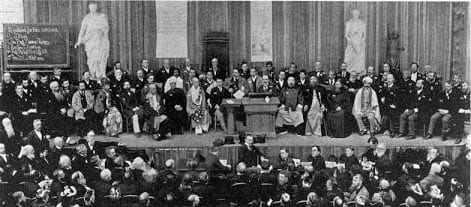
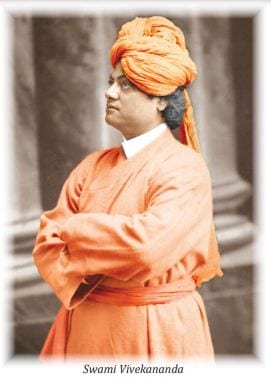
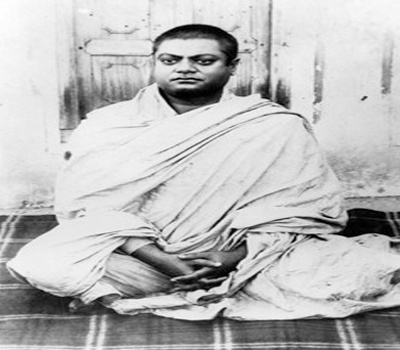

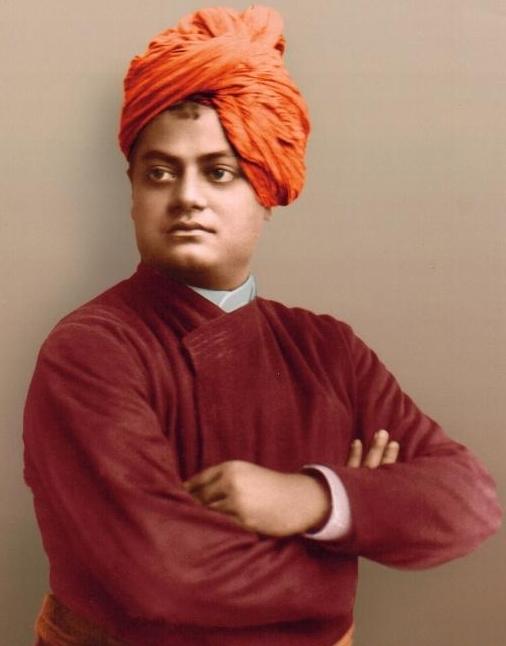
Leave A Comment
You must be logged in to post a comment.